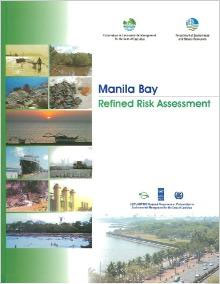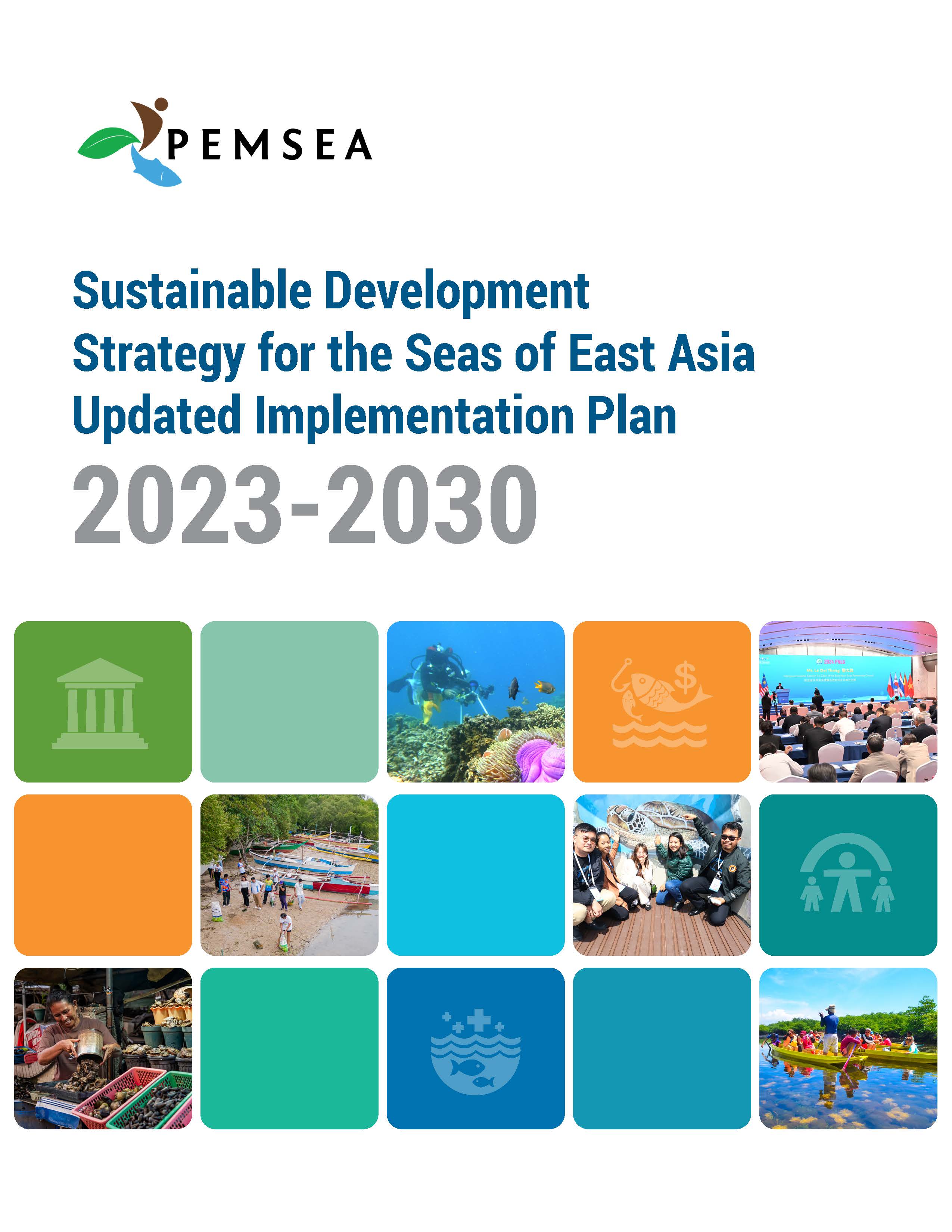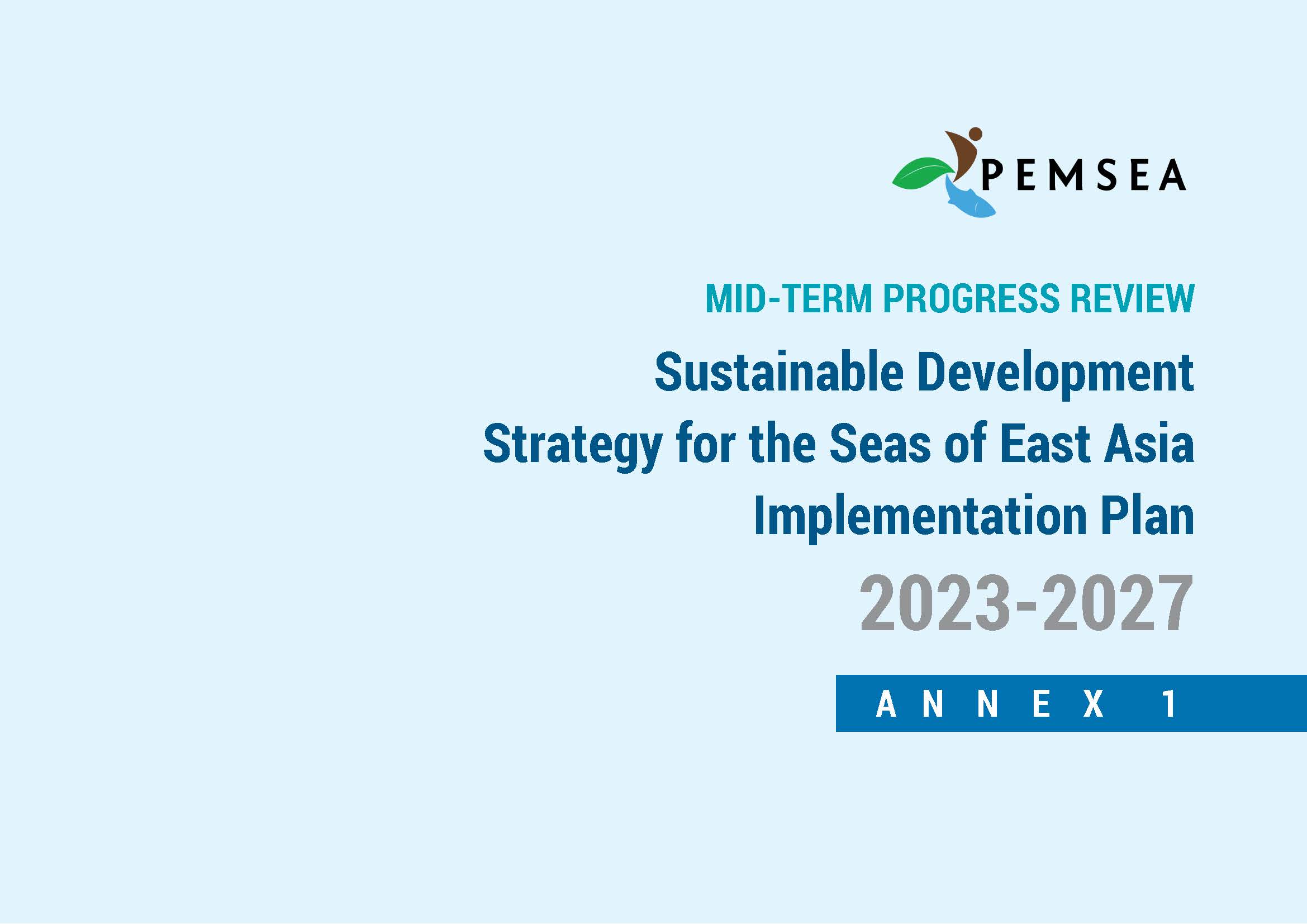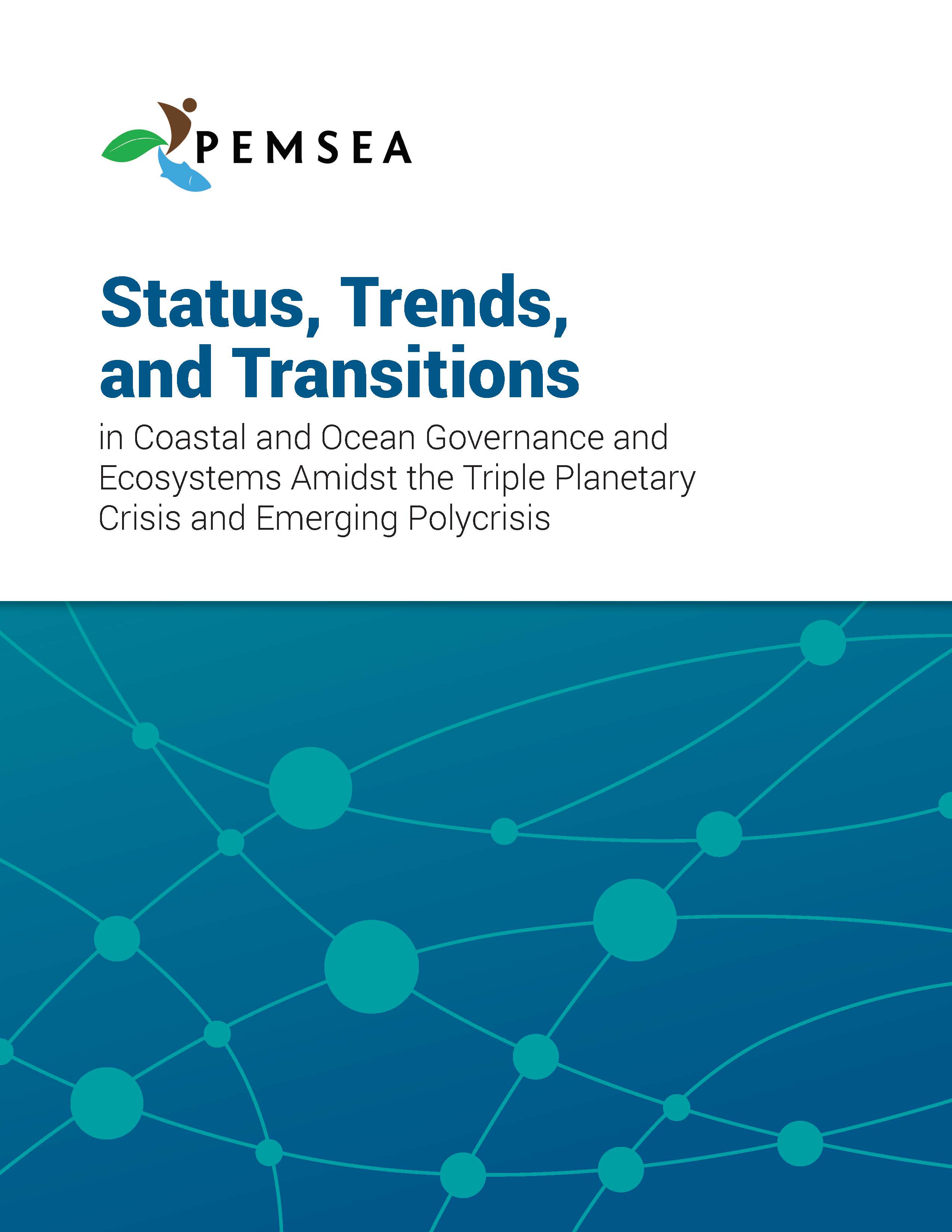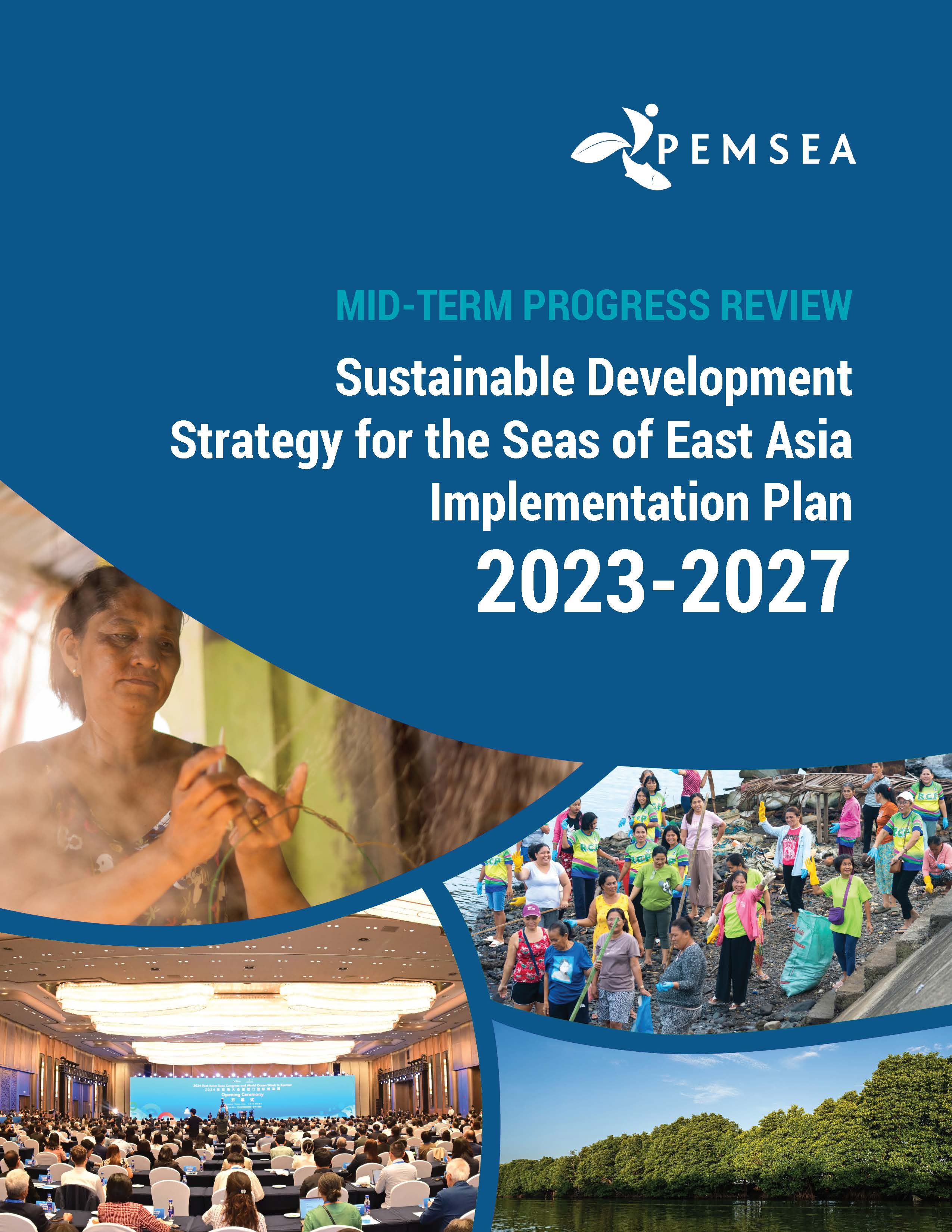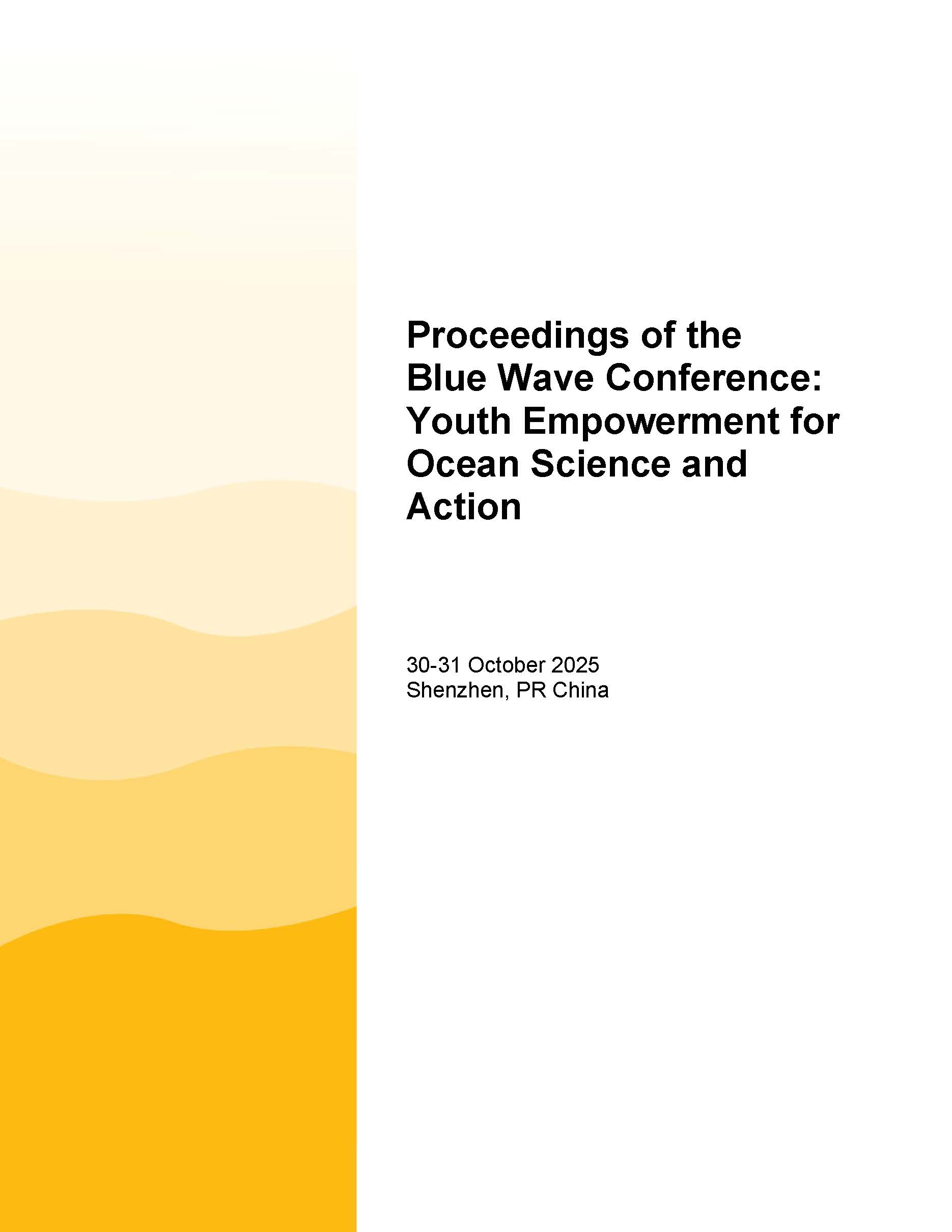
Breadcrumb
Manila Bay: Refined Risk Assessment
PUBLICATION DATE:
Monday, March 01, 2004
PUBLICATION TYPE:
Reports
STATUS:
Out of Print
DESCRIPTION:
This report presents the findings and outcome of the refined risk assessment of Manila Bay which was undertaken by an inter-agency, multidisciplinary Technical Working Group (TWG) created by PEMSEA and DENR-MBEMP. The report was based to a large extent on the document, "Manila Bay: Initial Risk Assessment" which was published by PEMSEA and DENR in April 2001. The refined risk assessment aims to review the initial risk assessment of Manila Bay in order to determine if there are other new additional data which could be included and to examine the effect of such new or additional data on the conclusions and recommendations made during the initial risk assessment; identify sources of and activities that contribute to pollution in the bay; evaluate the impacts of pollutants in Manila Bay on human and ecological targets and identify those pollutants that should be given priority in risk management or remediation programs; recommend measures to reduce or eliminate identified risks of significance to the bay; identify data gaps in the refined risk assessment of Manila Bay that need to be addressed and uncertainties that need to be verified through monitoring and research/studies that generate primary data; and strengthen local capability of and collaboration among agencies and institutions that can play significant roles in the long-term management of Manila Bay.
RELATED PUBLICATIONS
Sustainable Development Strategy for the Seas of East Asia (SDS-SEA) Implementation Plan 2023-2030
The Sustainable Development Strategy for the Seas of East Asia (SDS-SEA) Updated Implementation Plan 2023-2030 was established to extend the previous plan's timeframe to 2030, ensuring the continued relevance, effectiveness, and long-term sustainability of PEMSEA’s initiatives while enhancing organizational effectiveness, financial sustainability, and operational efficiency. The updating process was driven by several supporting efforts, including the mid-term progress review of the SDS-SEA IP 2023-2027, a review of status and trends in coastal and ocean governance, results from PEMSEA’s Organizational Capacity Assessment (OCA), and consultations with PEMSEA Country and Non-Country Partners. To bolster results-based management, the plan introduces a Strategy Map and Balanced Scorecard (BSC) as high-level tools for leadership to provide overall strategic direction across four key perspectives: Stakeholder Engagement, Programs and Processes, Learning and Growth, and Financial Sustainability. These high-level tools are supported by a detailed Strategic Results Framework (SRF), which guides operational implementation and performance tracking, with results from the SRF feeding upward to systematically inform the BSC and Strategy Map. Overall, the updated plan is focused on seven Strategic Objectives that are periodically monitored via a two-tiered system with support from various partners and networks, ensuring the plan remains fit for purpose and serves as a guide for adaptive management.
Annex 1 of the Mid-Term Progress Review of the PEMSEA SDS-SEA Implementation Plan 2023-2027
The Annex 1 of the Mid-Term Progress Review of the PEMSEA SDS-SEA Implementation Plan (IP) 2023-2027 is the detailed progress report on each target outcomes from 2023 to 2025 and the remaining target actions and outcomes leading to 2030.
Status, Trends, and Transitions in Coastal and Ocean Governance and Ecosystems Amidst the Triple Planetary Crisis and Emerging Polycrisis
This comprehensive research report was developed to inform the updating of the Sustainable Development Strategy for the Seas of East Asia (SDS-SEA) Implementation Plan 2023-2030 by synthesizing recent global, regional, and national developments. It examines the interconnected threats of the triple planetary crisis - climate change, biodiversity loss, and pollution - as well as the broader polycrisis of economic and geopolitical instability affecting coastal and ocean governance, including in the East Asian Seas region. The report also assesses the status and trends of traditional and emerging blue economy sectors and outlines the importance of strengthened data and monitoring systems, research and development, policy alignment, and innovative financing as strategic priorities to support a resilient and sustainable ocean future. Ultimately, the report supports the development and refinement of future strategies, particularly the updating of the SDS-SEA Implementation Plan to 2030. Overall, the report highlights PEMSEA’s critical role as a regional integrator in East Asia, bridging local priorities with global commitments to address rapidly evolving challenges and emerging opportunities in coastal and ocean governance and development.
Mid-Term Progress Review of the PEMSEA SDS-SEA Implementation Plan 2023-2027
The Mid-Term Progress Review of the PEMSEA SDS-SEA Implementation Plan (IP) 2023-2027 is an evidence-based assessment covering 2023 to June 2025 that aims to evaluate implementation status, identify challenges, and inform the refinement of the plan toward 2030. The review covers key initiatives of PEMSEA Country and Non-Country Partners, networks, collaborators, and the PEMSEA Resource Facility (PRF), in line with the agreed targets of the SDS-SEA IP.Under Component 1 (Effective Governance), the review highlights the strengthening of PEMSEA’s regional mechanisms through increased voluntary contributions, delivery of various capacity-building initiatives, increasing alignment of PEMSEA Country Partners’ policies and programs with global sustainable and ocean-related commitments, and the increasing project portfolio under PRF management. Progress for Component 2 (Healthy Ocean) is characterized by the expansion of Integrated Coastal Management (ICM) along with other area-based integrated management approaches, the support of PRF-managed projects in biodiversity conservation, fisheries management, land-based and sea-based pollution reduction, waste management, and efforts related to disaster risk reduction and climate change adaptation including the launch of the PEMSEA Blue Carbon Program. Regarding Component 3 (Healthy People), the review emphasizes inclusive stakeholder engagement through the new GESI Action Plan and the success of localized sustainable livelihood programs through PRF-managed projects that have improved community resilience. Finally, for Component 4 (Healthy Economies), the review notes the increasing integration of blue economy principles into national strategies and the adoption of the 2024 Xiamen Declaration, which helps facilitate synergistic actions and sustainable blue financing and public-private partnerships.
Proceedings of the Blue Wave Conference: Youth Empowerment for Ocean Science and Action – Opening Ceremony and PEMSEA Network of Young Leaders (PNYL) Session
The Blue Wave Conference: Youth Empowerment for Ocean Science and Action – Opening Ceremony marked the first Youth Conference held in Shenzhen, China, on 30–31 October 2025. The event was organized by China Ocean Mineral Resources R & D Association (COMRA), Global Ocean Capital Promotion Council of Shenzhen, Shenzhen Institute of Guangdong Ocean University, Advanced Institute for Ocean Research, Southern University of Science and Technology (AIOR, SUSTech)/ Shenzhen Ocean University Preparatory Office, Partnerships in Environmental Management for the Seas of East Asia (PEMSEA), and Early Career Ocean Professionals (ECOP) Programme.
The PEMSEA Network of Young Leaders (PNYL) session featured four speakers and two reactors, namely: Mr. Akhmad Nurhijayat from the Center for Coastal and Marine Resources Studies (CCMRS), IPB University, Dr. Sim Wei Hung Clarence from Nanyang Technological University, Singapore, Ms. Keomanivone PHOUTHAKHANTY from Department of Water Resources, Ministry of Agriculture and Environment, Lao PDR, Mr. Leo Anthony Castro from Mangroves Matter PH, Dr. Shenghui Li from Guangdong Ocean University, Zhanjiang, China, and Dr. Xuan Zhu from Research Center for Pacific Island Countries (RCPIC) of Liaocheng University.
